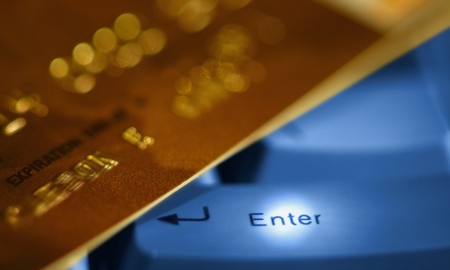
Ghana’s Central Bank controls the monetary policy of the country in order to nurture sustainable economic growth and price stability. It is especially important for Ghana to have a sound financial structure as one of the fastest-growing economies in the world.
The bank traces its roots to the Bank of the Gold Coast (BCG), where it was nurtured. When local politicians and economists saw political independence in sight in the mid 1950's, agitation for a central bank was revived. It was argued that a central bank was one institution which would give true meaning to political independence. In 1947 many leading politicians called for the establishment of a national bank with central bank functions to act as banker to government and to cater for the indigenous sector of the economy.
Proposals of the advocates for a central bank were accepted, and in early 1955 another Select Committee was set up by the Government to take a new look at the Trevor Report, and prepare the grounds for the establishment of a central bank in Ghana. Fortunately, the BGC had already set the stage for central banking: all that was needed was specially-trained personnel in central banking and suitable accommodation for the bank to be set up.
By the end of 1956, all was set for the establishment of the Bank of Ghana. A new and modern five-storey building had been erected on the High Street, adjacent to the Accra Metropolitan Assembly (AMA), to house both the Bank of Ghana and the Ghana Commercial Bank (GCB).
0 COMMENTS